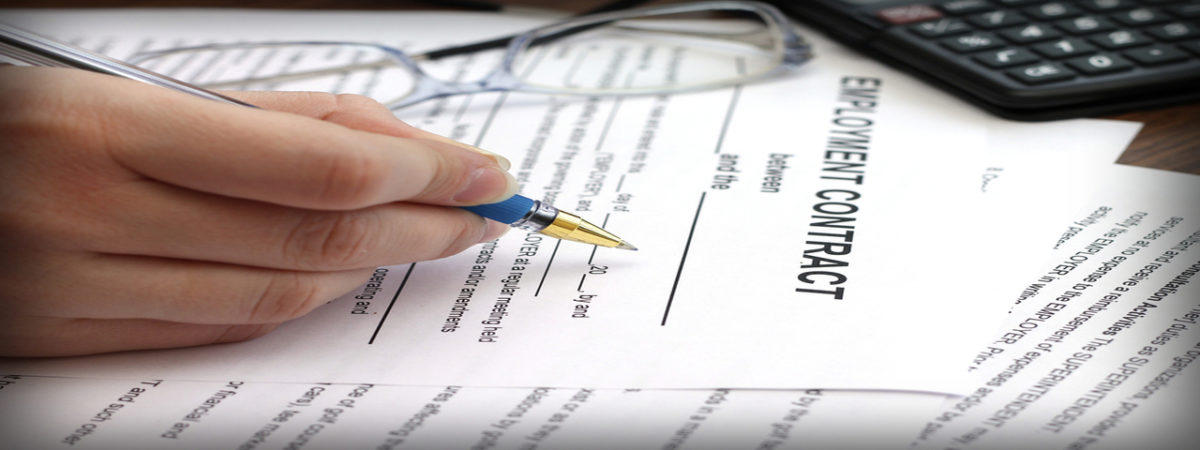How the Eurozone could survive without building a European super state
SUGGESTED



But many did not agree. German liberals, in particular, argued that, as long as the southern countries liberalised their economies and we had a strict no-bailout policy, we could have sovereign countries and a single currency. Indeed, there were even Institute of Economic Affairs’ (IEA) publications arguing the benefits of separating – in principle – currencies from governments and suggesting that the euro might be a step in that direction. In light of the Greek crisis, is there a future for a single currency without a single state?
If it had been possible to ensure that Greece was not bailed out by Eurozone members, there might never have been a Greek crisis. The Greeks would have defaulted, but life would have gone on.
The problem is that we are in a situation where nobody can move. First, there is no exit mechanism from the euro even if Greece wished to avail itself of the opportunity. Second, the European Central Bank (ECB) filled its boots with Greek debt through its monetary policy operations. We do not have a typical default situation whereby a wide variety of domestic and international private sector creditors will feel the pain. It is the ECB and other Eurozone countries that hold the debt. EU countries do not wish to allow Greece to default because it will encourage others to do so.
Greek debt has been socialised through the back door and it is difficult to see how this problem can be controlled in the future unless there is ECB control of taxation and government spending. But such central control by EU institutions of national government fiscal policy would not be desirable even if it were possible.
There is, in my view, one feasible long-term solution, similar to one outlined in an IEA publication, The Euro – the beginning, the middle and the end?, by German economist Bodo Herzog. We must have a system to ensure that monetary policy operations do not lead to the ECB being mired in bad debt. To do this, a series of staged, credible, rule-based mechanisms is needed.
When a country goes over pre-set borrowing or debt limits, the first thing that should happen is that the ECB should refuse to take that country’s debt in monetary operations. The next trigger should lead to the country losing its vote in monetary policy meetings. Then it should lose its seat on the ECB board. The final step would be that the ECB, in effect, disowns the country. At that stage, the offending country could carry on using the euro, just as non-Eurozone-member Montenegro does, or it could issue its own currency in parallel with or in place of the euro.
Now is a good time to begin thinking about how to strengthen monetary policy arrangements when the Greek crisis is finally solved. Of course, there may be no euro. But if a single currency remains, we need really effective mechanisms to ensure that no member country or the ECB ever becomes responsible for the debt of another member country again. Sadly, I suspect the path suggested above will not be followed and, instead, we will get more integration and central control of fiscal policy.
Prof Philip Booth is the IEA’s Editorial and Programme Director, and Professor of Finance, Public Policy and Ethics at St Mary’s University. This article first appeared in City AM.
1 thought on “How the Eurozone could survive without building a European super state”
Comments are closed.





The problem is not so much that the Greek debt has been socialised but that Greek government spending has been socialised.
It is said that either income redistribution from Northern countries to Southern countries is an imperative or we should become accustomed to writing off Greek debt from time to time.
As with many other countries the answer is plain; governments must reduce their spending and reduce it fast.
The web is now so tangled the Greeks now fear the consequences of reducing the size of the state. Lower spending will result in lower government employment and a consequential increase in an already unsustainable level of unemployment.
Additionally they fret that without further loans the demand side of the economy will falter which will further increase their inability to service debt.
Keynes was of course resonsible for a lot of this nonsense and it is now becoming clear that more debt might not actually be the answer.
The Greeks are suffering from a recession whilst at the same time supporting a minimum wage. Far better to abandon the minimum wage and allow the unemployed to determine it.
An increase in productivity is what the Greeks need and a workforce that is fully employed is the way they will achieve it.